By Michael E. Haskew
The Great Patriotic War, as World War II came to be known in the Soviet Union, provided the stage upon which Marshal Georgy Zhukov achieved lasting fame.
The architect of the Red Army’s offensive against the Third Reich, Zhukov and his armies had occupied the Nazi capital of Berlin and completed a massive military campaign against a formidable German military machine. Although his service in the Far East is less familiar, it is nevertheless important as well. Zhukov’s victory over the Japanese at Khalkin-Gol (Halha) in Mongolia in 1939 was a deciding factor in keeping the expansionist regime in Tokyo from prosecuting a full-scale war against the Soviet Union.
At the end of the war in Europe, Zhukov was a national hero. As such, he was also considered a threat by the paranoid leader of the Soviet Union, Premier Joseph Stalin. On June 24, 1945, as a tumultuous victory parade rolled through Red Square, Stalin was already planning the exile of the military man. For less than a year, Zhukov served as military commander of the Soviet zone of occupation in Germany. During the summer of 1946, he was deputy defense minister and commander of all Soviet land forces.
Joseph Stalin’s Smear Campaign
Biographer Viktor Anfilov points out that Zhukov’s tenure in both posts was short-lived. The machinery of political intrigue was in motion, and Stalin began an effort to systematically destroy his reputation. A number of Zhukov’s colleagues were coerced into bringing false charges against him, and Stalin denounced the hero. Zhukov was relegated to command of the Odessa Military District.
By the end of 1947, Zhukov was again in Moscow—this time with the KGB shadowing him. A heart attack and an uncharacteristic moment of mercy from Stalin probably saved him from prison. “They sank to such obscene and disgusting depths as to accuse me of masterminding a military plot against Stalin,” Zhukov wrote of the charges being leveled against him. He was exiled again, this time to the Urals Military District.
With the death of Stalin in 1953, Zhukov again gained political prominence. He was appointed defense minister in 1955 by Premier Nikita Krushchev, himself a veteran of the Great Patriotic War. A Stalinist faction of the Soviet Central Committee became disenchanted with Krushchev’s leadership and attempted to depose him, but a strong stand by Zhukov proved critical. “(Foreign Minister Vyacheslav) Molotov and his supporters want to bring back the Stalinist methods of leadership,” Zhukov told the assembly. “We cannot stand for that. If you continue to oppose the Party line I will be compelled to turn to the army and the people.”
While his stirring words helped Krushchev retain power, perhaps they contributed to his political undoing once again. Accused a second time of attempting to establish a military government with himself as its head, Zhukov was forced into retirement by Krushchev.
‘Hurrah for Zhukov!’
“From autumn 1957 to May 1965 he was in total disgrace,” writes Anfilov. “He was now labeled a ‘Bonapartist’ and the slanderous articles that appeared about him in the press frightened off some of his old comrades-in-arms. It was now forbidden to hang his portrait in military establishments and his name was heard only rarely. None of this, however, affected his popular image as the national hero who had saved his country from the Nazis, and when on May 8, 1965, for the first time since being ostracized, he appeared on the podium at the Kremlin Palace of Congresses for the victory celebrations, he was greeted by a storm of applause and shouts of ‘Hurrah for Zhukov!’”
Georgi Zhukov was four times awarded the medal of Hero of the Soviet Union. His military accomplishments are among the greatest in the history of armed conflict. He penned his memoirs and lived his last years in relative comfort.
Like many other military heroes before him, Zhukov was better able to cope with the maneuvering of large armies than the web of political intrigue.
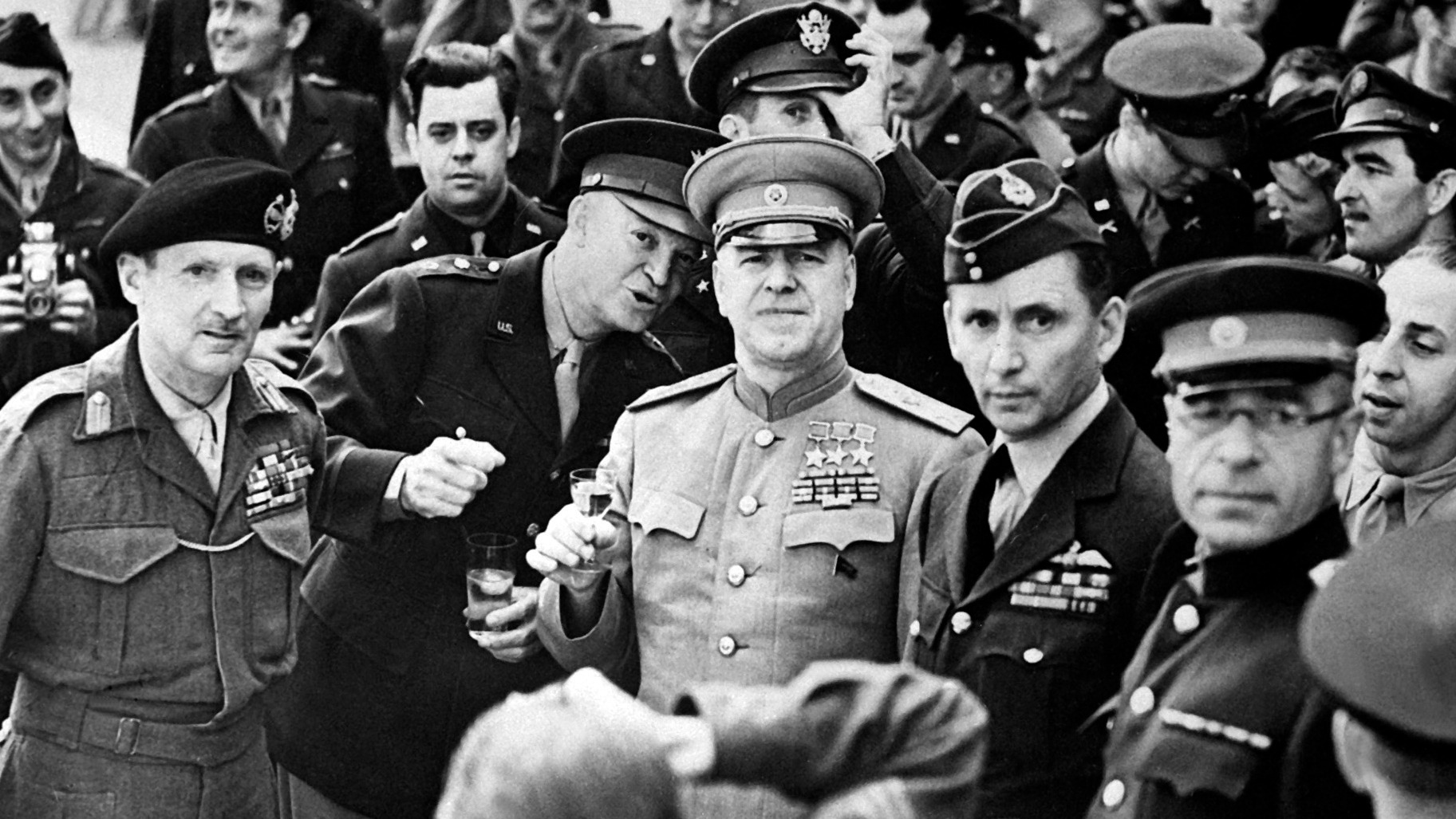

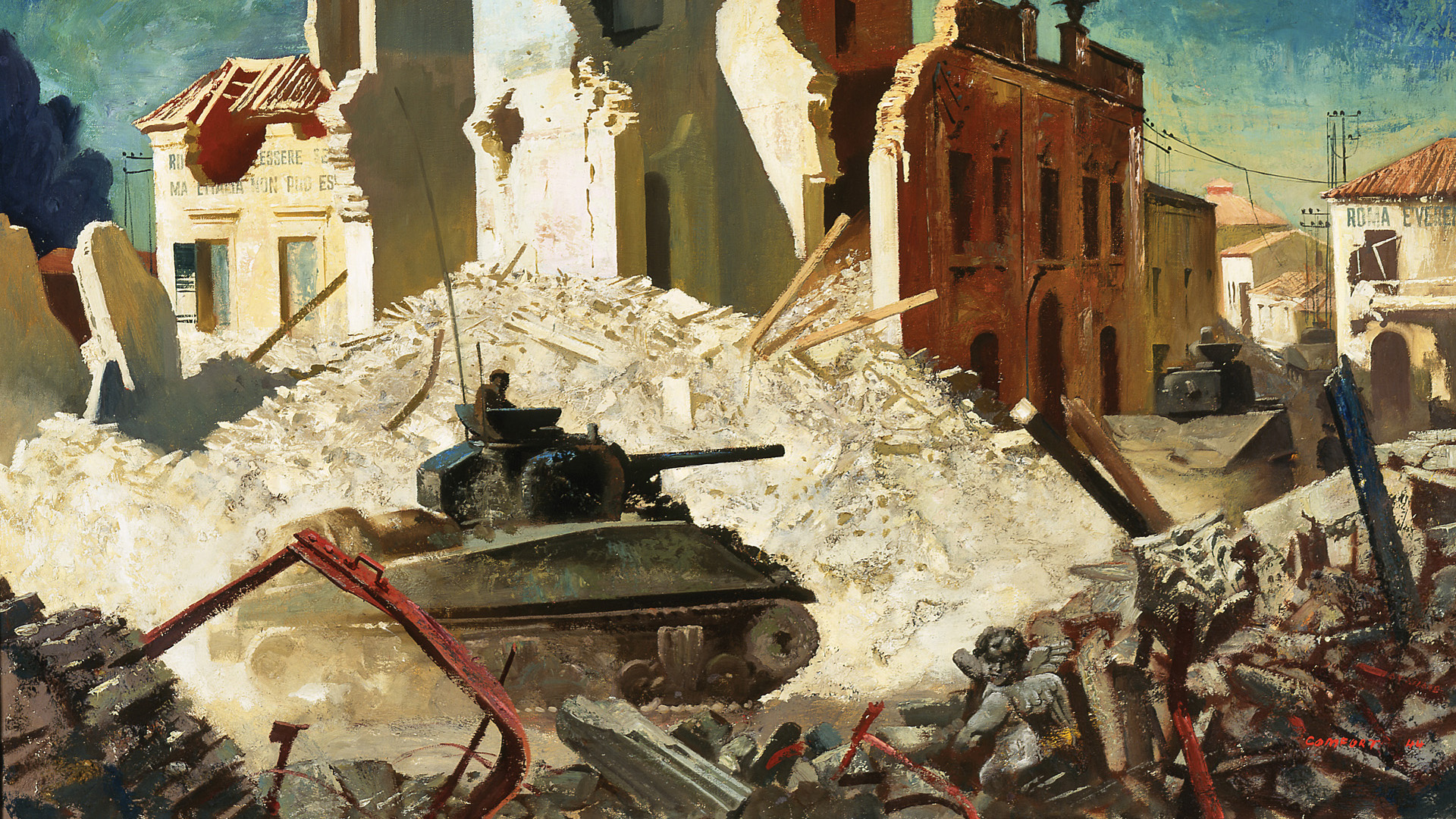
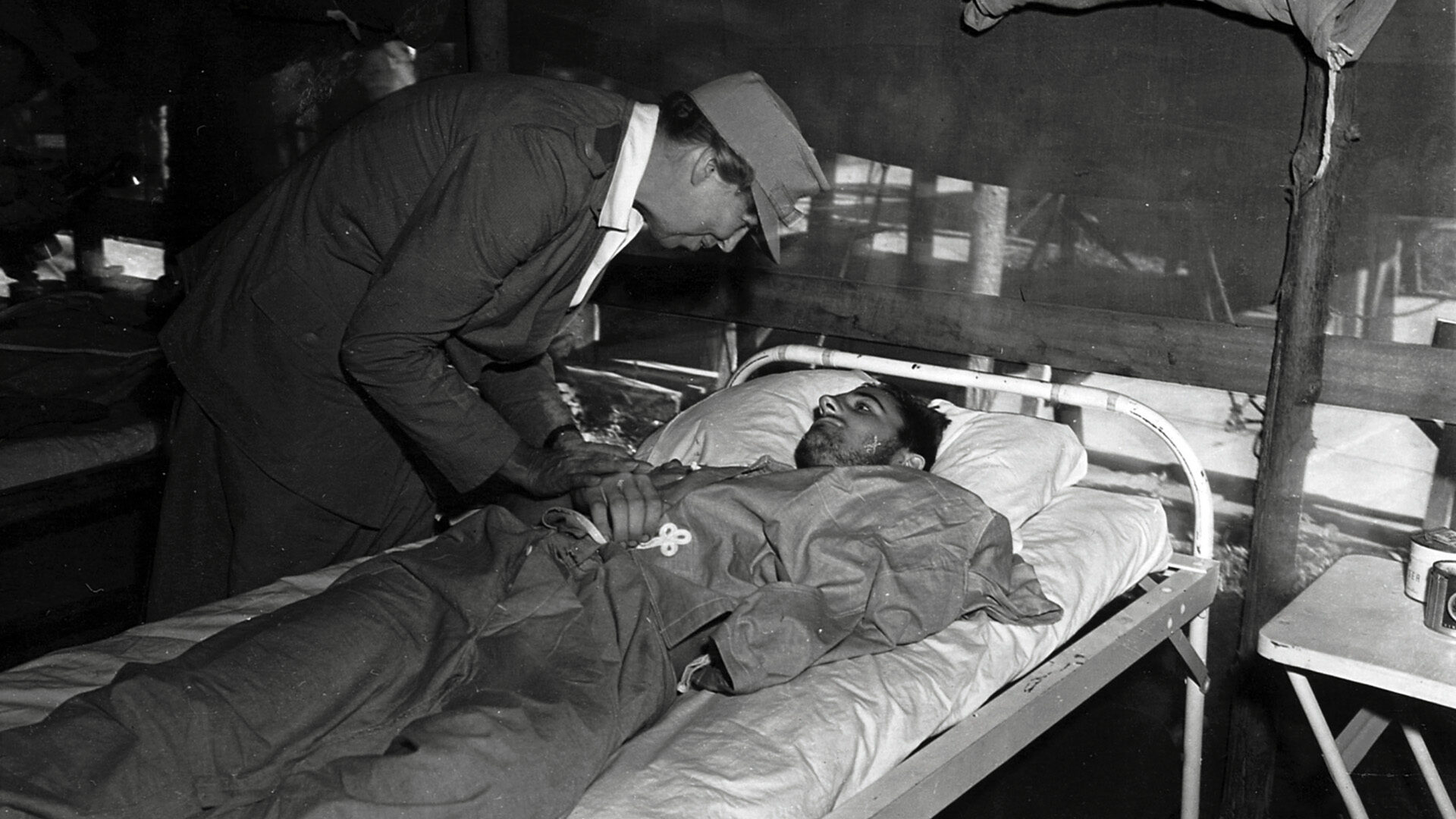
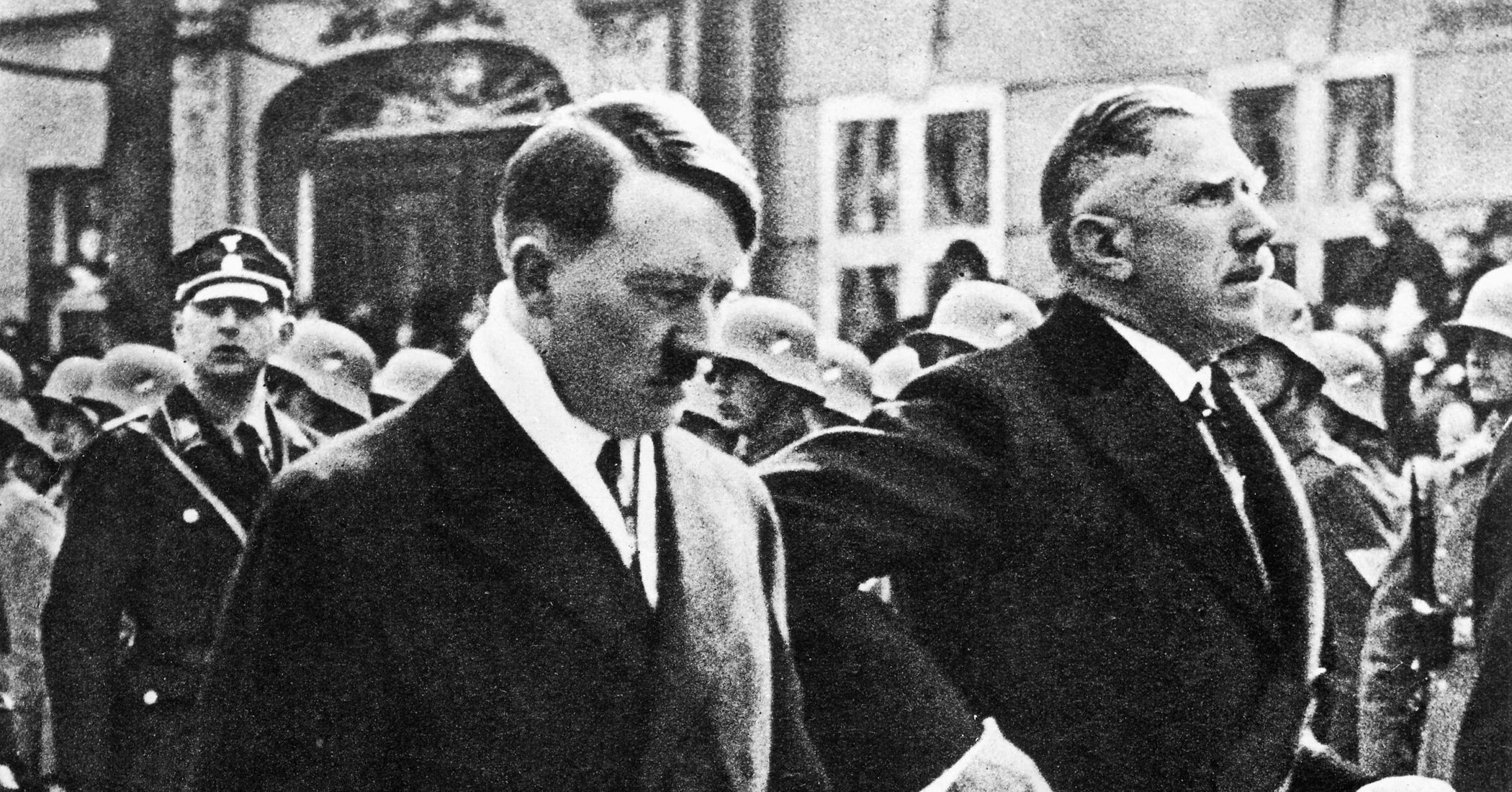
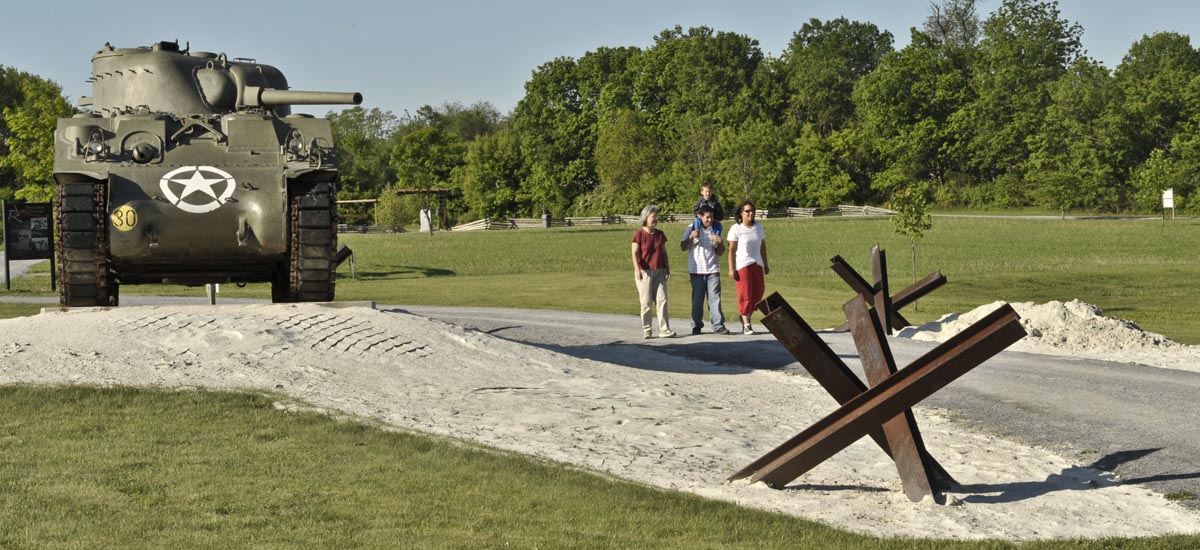
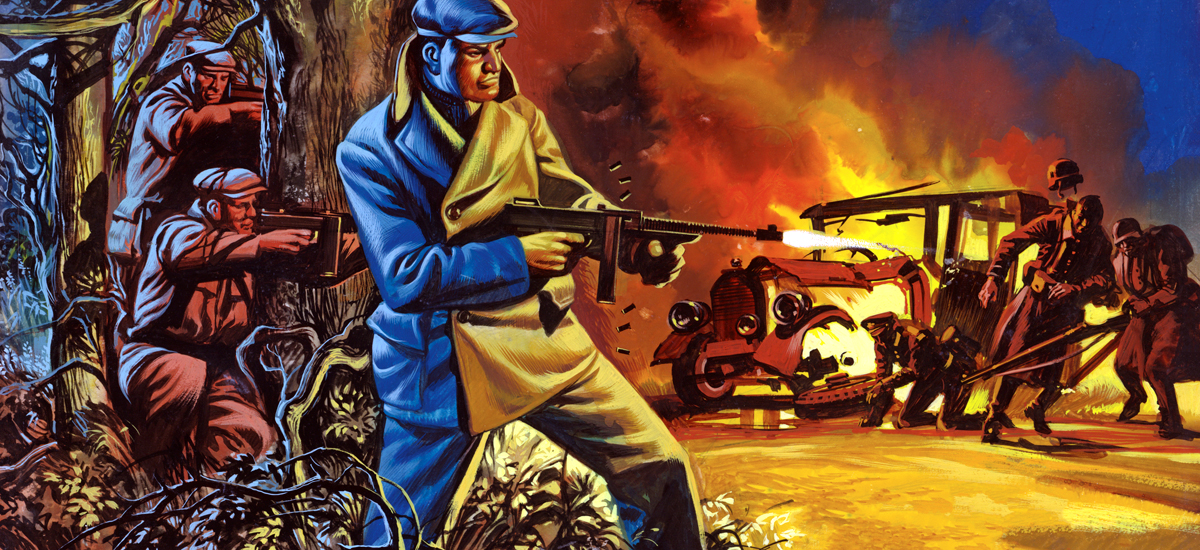
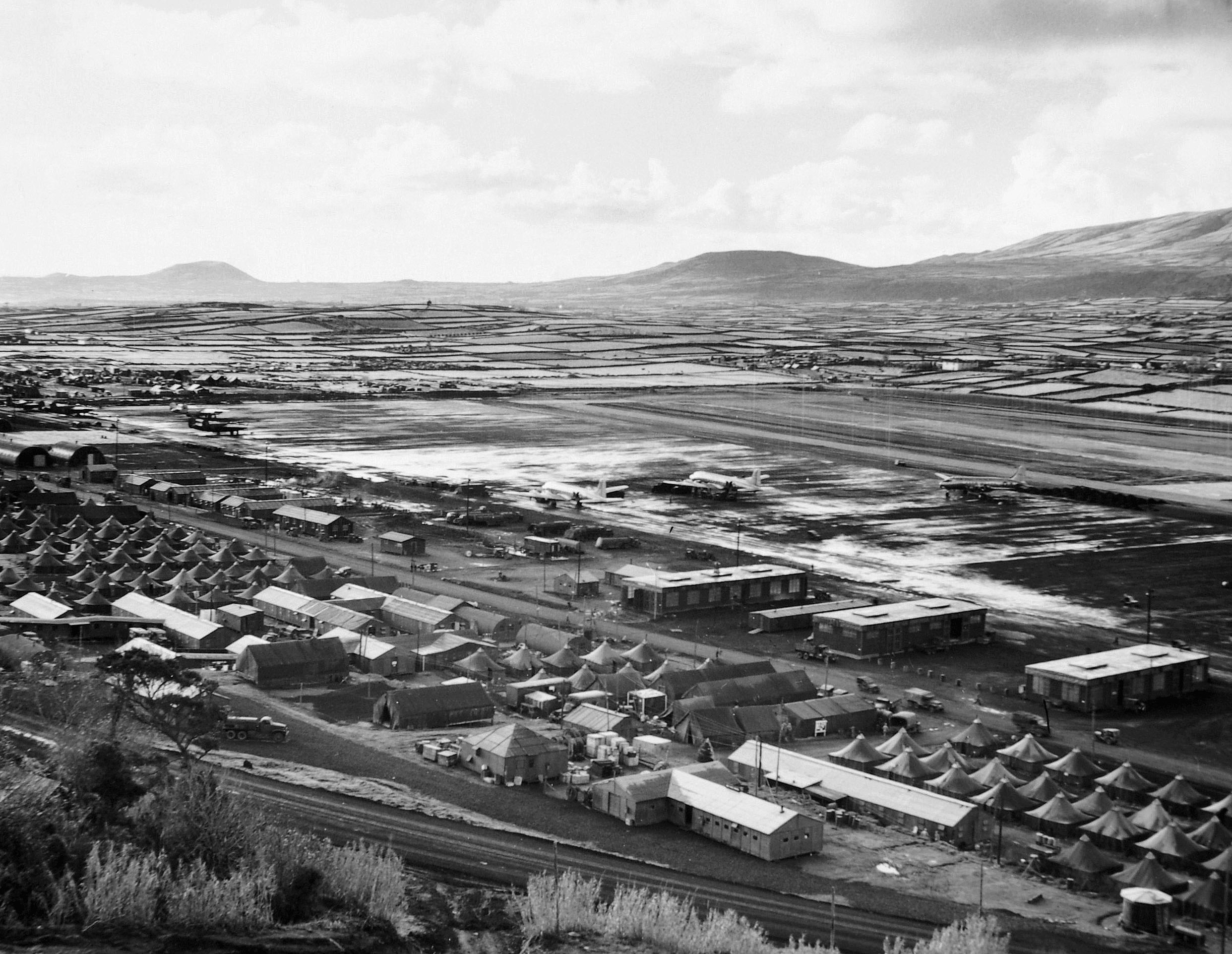
Join The Conversation
Comments
View All Comments